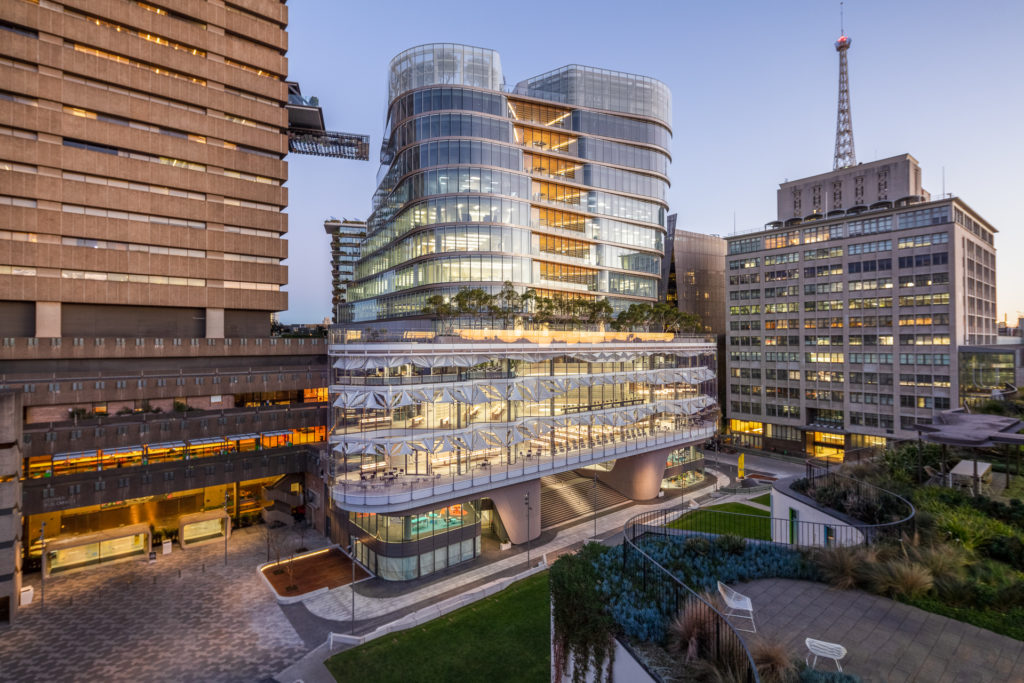The debate around potentially capping international student enrolments in Australian universities and colleges has been ongoing for several months. While the idea of implementing a cap has been broadly discussed, the specifics—such as percentages and effective dates—have remained largely hypothetical.
However, a recent article from the Australian Financial Review brought specific figures into the conversation, claiming that universities and colleges will be limited to enrolling a maximum of 40 per cent of their students from overseas. According to the report, this cap would be based on 2019 enrolment figures and would be enforced for two years. The report also indicated that, despite resistance from educational institutions, the government plans to implement this cap starting 1 January 2025.
But on Thursday, Education Minister Jason Clare rejected media reports claiming the cap would be 40 per cent.
“That is not right. I have seen those reports. That is not what we are intending to do,” Clare told reporters in Sydney.
Adding to the uncertainty, Dr. Peter Hendy, chief executive of Independent Higher Education Australia, mentioned in a Senate Committee hearing that the 40% figure was “very, very similar” to what he had heard, although he confirmed he had not been involved in detailed government discussions.
As the federal cabinet reviews the matter in ongoing Senate Committee hearings, the educational community is waiting for further announcements that will clarify whether the cap will be implemented and, if so, what the specific details will be.
It’s important to remember that any decisions regarding the cap are not yet final, and the details could change as discussions progress.
Peak bodies oppose a proposed cap on international students in Senate Committee hearing
During the Senate Committee hearing on 6 August 2024, major educational organisations expressed strong opposition to the proposed cap on international student enrolments. The hearing focused on the Education Services for Overseas Students Amendment (Quality and Integrity) Bill 2024, which could allow the government to set enrolment limits at both institutional and course levels.
Luke Sheehy, CEO of Universities Australia, criticised the amendments as political overreach, arguing that they treat the education sector more harshly than other major industries in Australia.
“It’s worth noting that, even without legislative powers to cap international students, the government has already taken a sledgehammer to the international education sector. Department of Home Affairs data shows that visa grants to higher education are down 23% in the past year,” he said.
He emphasised that the proposed caps could undermine the integrity and sustainability of international education in the country.
Vicki Thomson, chief executive of the Group of Eight, also spoke out against the bill, describing it as poorly conceived and likely to cause economic harm. She argued that the legislation is a rushed response to political pressures rather than a thoughtful reform, potentially leading to significant reductions in university enrolments and negative economic impacts.
Overall, the hearing has shown a united front among educational leaders. They are voicing strong concerns about the proposed cap’s negative impact on Australia’s higher education and its reputation as a welcoming destination for international students.
Insider Guides will publish news on this as information is available.





